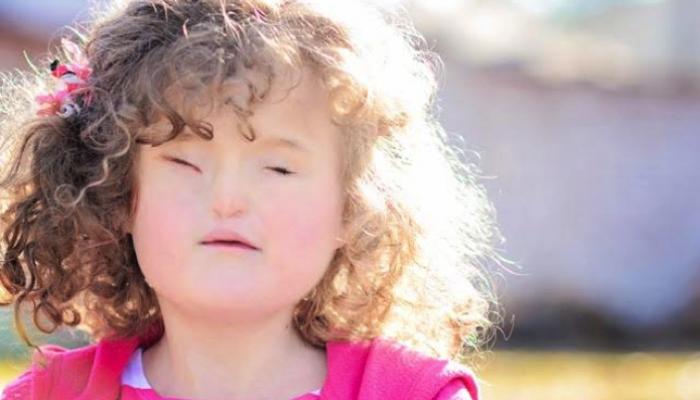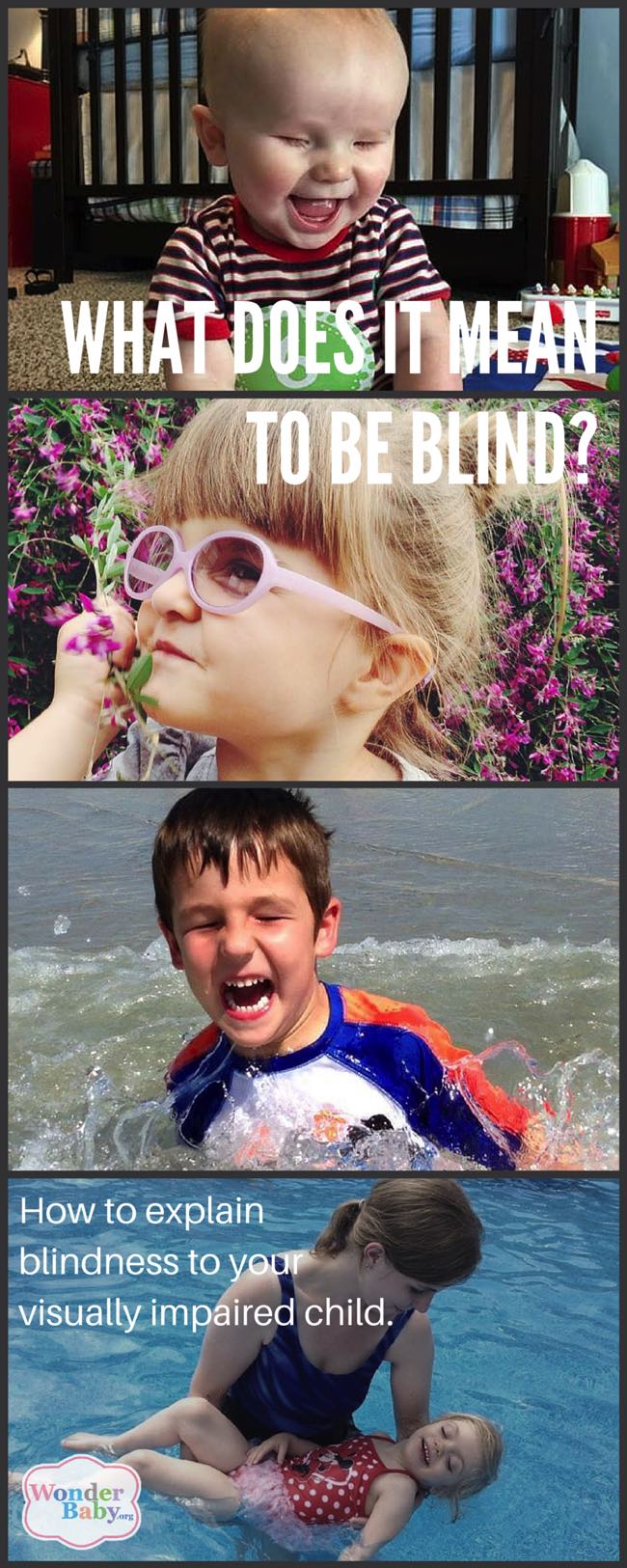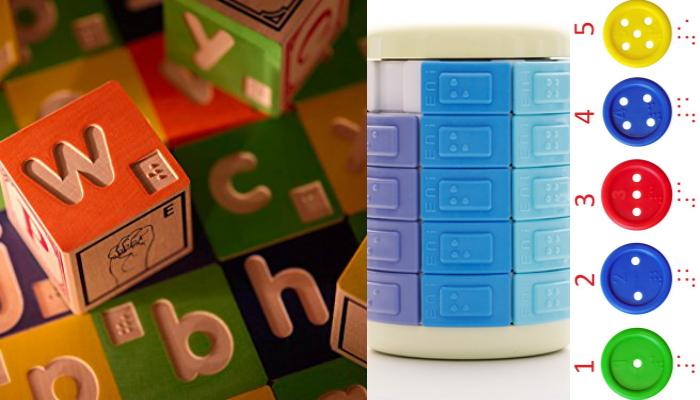What Does it Mean to be Blind?

“Hello, I have a 7 year old daughter with Optic Nerve Hypoplasia (ONH). She is blind and last week she asked me for the first time, what does it mean to be blind?”
What’s the question that all parents of blind kids dread? It’s not about death or awkward questions about where babies come from. It’s the question about the one thing your child experiences that you can’t explain. What does it mean to be blind?
How can you explain blindness to your child when you are sighted? And how can you explain sight to a child who has never seen?
This is a tough one, so I asked WonderBaby readers on Facebook to respond. Hopefully some of these answers will help you too!
My daughter is 10 years old and has been completely blind since birth. When she was about 6 years old we were talking about the five senses which she was learning about, and when sight came up I decided it was time to tell her flat out that she couldn’t see like I could, and how lots of other people could.
I wasn’t insensitive but I didn’t lie about any of it either. I had her feel her eyes and mine, and told her that how she sees things with her hands, I can do it with my eyes without touching it. I told her that she would get the information she needed from touching things and by listening.
I was “scientific” about it, but told her that she could always ask me questions about it or anything else. I told her I can tell her about what I see (which we had been doing since she was born anyway). I didn’t want to make her feel sorry for herself for any reason because she had never hinted at feeling that way before.
I told her at some point later, when she heard me telling another child about how she couldn’t see but used her hands and listened to get information, that sometimes people may ask about her blindness and that’s okay. She has since learned and is completely okay with telling others that she can’t see. To her, it’s just a “matter of fact” and it’s usually me getting frustrated or maybe even sad sometimes at the things she cannot see, rather than her.
I’ve learned over time that she’s a happy girl and there’s no reason for me to project my own feelings on her. I think it’s different for everyone depending on your own personality and the environment your child is in most of the time.
We also tell her about everything she can’t see. From differentiating between cartoons and real characters or people, to landscapes in the distance or the sky. I hope this helps a little. I truly believe my supportive and strong attitude about it has helped Madilyn be confident in herself.
My son is 19 and has ROP and autism. We have always told him that his eyes were born too early and so his eyes don’t work. He tells people he sees with his hands and we see with our eyes. He doesn’t totally understand the difference, but his OT worker when he was young said it’s very hard to explain sight to someone who has never had sight.
My little girl is 5 so this is something that is just coming up for us as well. Basically, so far I’ve just said that her eyes don’t work very well, in the same way mommy’s ears don’t work very well (I’m deaf in one ear), how Nanna’s legs don’t work very well (she walks with a stick) and how clearly Daddy’s bum doesn’t work very well, judging from the smells it makes! I’m just trying to normalize it as much as possible at this stage, but I know we will have to talk about it in more detail at some point!

Pictures from the Positive Images of Blindness Pinterest board.
Related Posts

Eye Conditions and Syndromes, Visual Impairment
Neuralink Announces Plans to Restore Sight to the Blind with Brain Chip
Elon Musk’s company Neuralink has announced plans to begin human trials of its new “Blindsight” brain chip by the end of 2025.

Visual Impairment
The Gift of Understanding: How a Young Child Helps His Blind Father Navigate Life
When a parent is blind, it’s natural for people to wonder how their sighted child will adapt. Will they struggle to understand their parent’s needs? Will they feel burdened by...

Braille and Literacy, Toys, Visual Impairment
24 Braille Toys for Kids Who are Blind
Everything from alphabet blocks to raised line coloring pages and activity books to puzzles to card and board games... and so much more! And it's all in braille ready for...